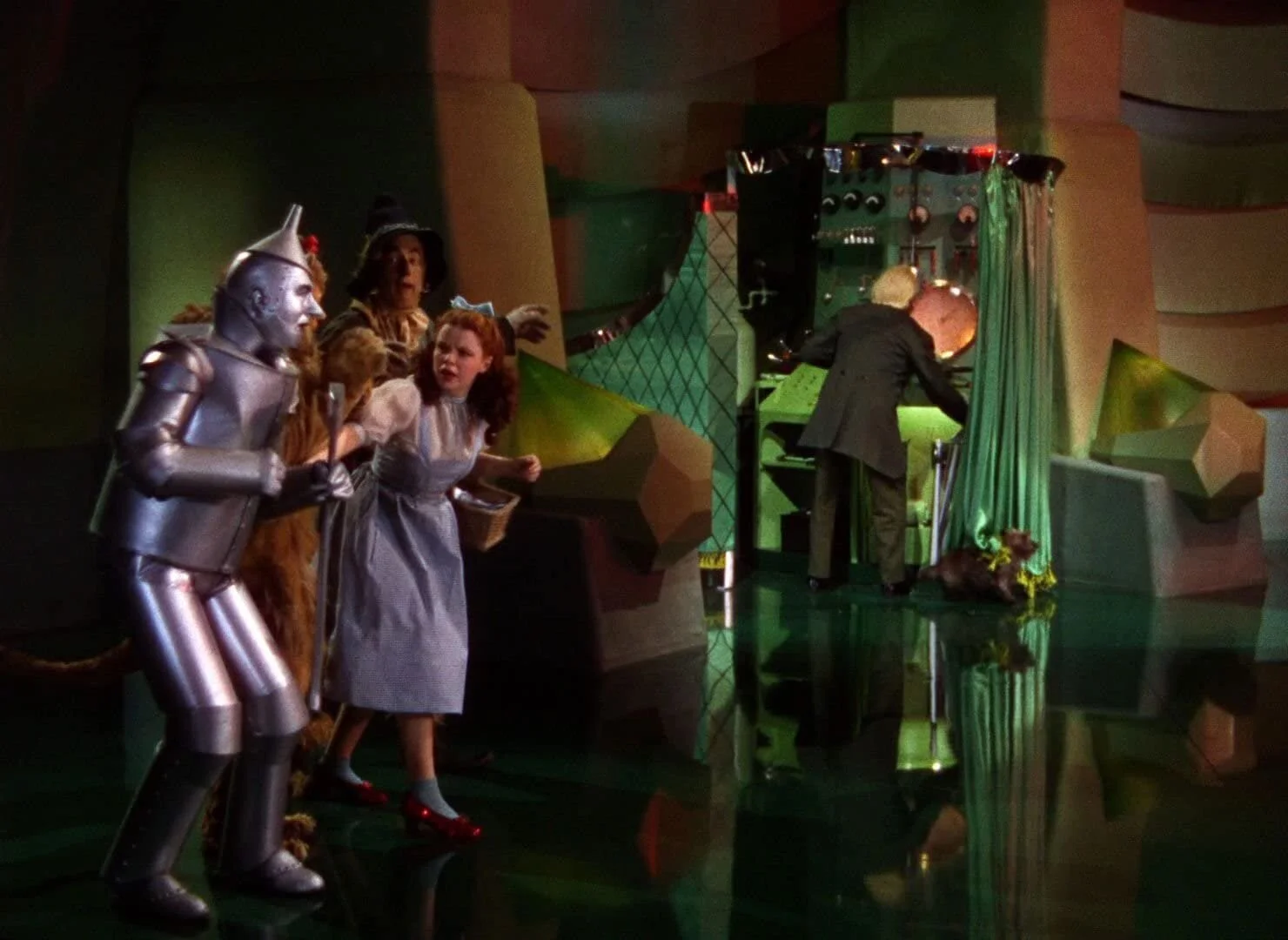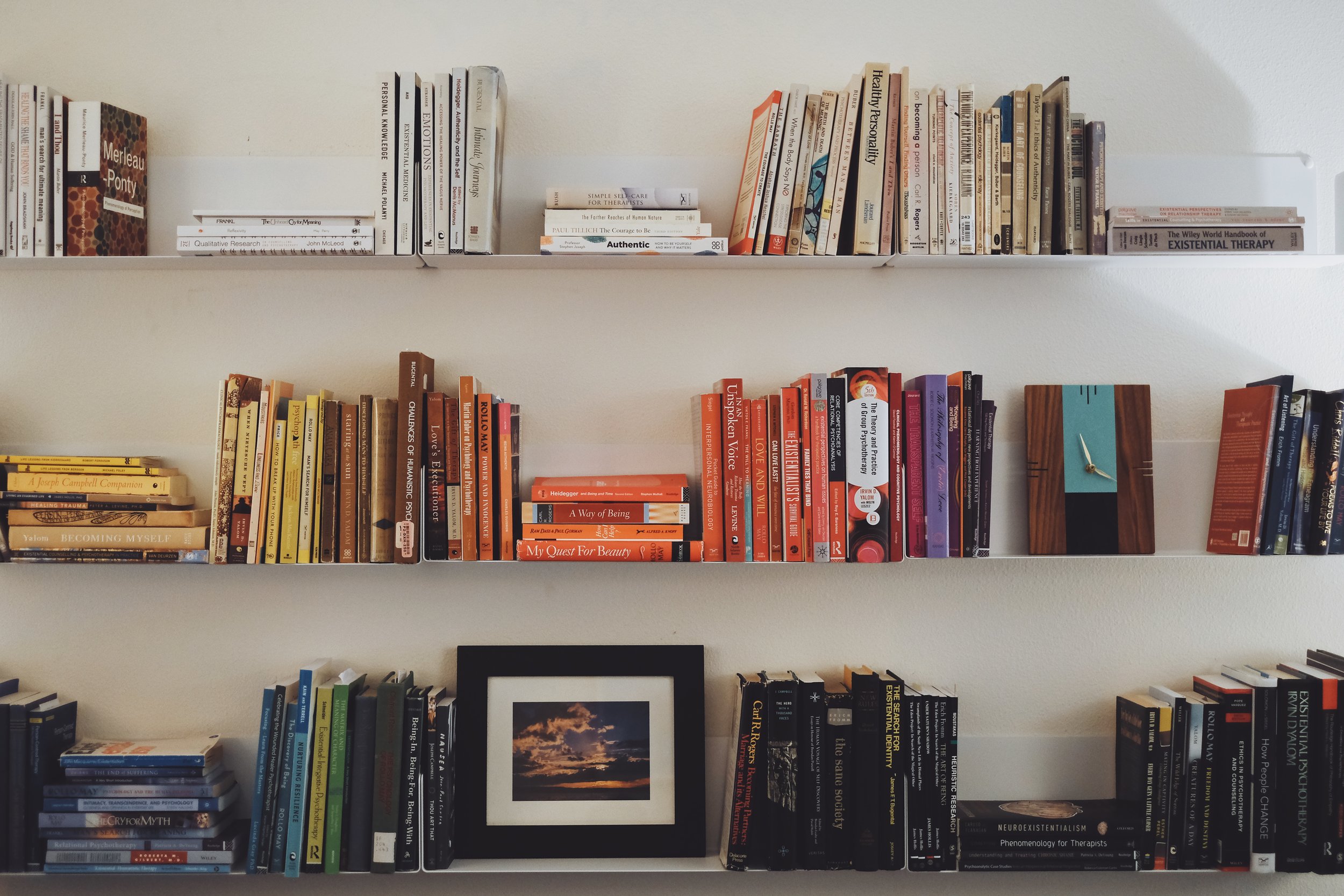Who is my psychotherapist? A question everyone in therapy eventually wonders. Who we are as a therapist is inseparable from who we are as a person. We too don’t know, have our own subjective experiences that guide our interactions, have our identities on the line, and want to be helpful to our patients. All these shape who we are as people, regardless of profession. Psychotherapy is, at base, an experience between two people trying to have a conversation about that experience.
2020 has been a meaningful year. A truly Existential year. Amidst the ongoing world health crisis of COVID-19, the contentious presidential election, growing political tensions between President Trump and Democrats, and the unrest around human rights and racial injustice. There is widespread feeling that perhaps what is going on is not quite what we meant them to be, and there is a real threat to the value of the individual. Rollo May believed that the United States culture lives with a sense of emptiness and loneliness that is made up of interwoven phenomena of self-alienation, powerlessness, loss of self-significance, and loss of value to navigate life. I am moved to ask: As a country, how did we get here?
Empathy is such an amorphous potentially maddening dance of personal experiencing with another. Yet, it’s so fundamental to life, a fulfilled life, and having a connection to the world. Empathy isn’t a skill, and it’s not an experience that’s exclusive to a relationship with a professional psychotherapist, but absolutely necessary. Empathy is inseparable from love and is a form of care and valuing for the other. The more relationship with have with ourselves, the more empathy and connection we have to life itself. This is the place where depression begins to change.
CrossFit has slowly cemented itself as a 3rd place. A place for people to come and create community, amidst great loneliness community is in short supply, especially in the pacific northwest of Seattle. It’s not just about weightlifting or gymnastics but also about an opportunity to know ourselves better as we’re interacting with others - create a sense of self. But, our ego can block so much of our growth as individuals and communities. An invitation to cultivate mental health, alongside physical fitness, as we’re in community.
This post is an existential-phenomenological description of the experience of loneliness that people may feel either alone or in the presence of others. We don’t really understand loneliness and hence don’t really understand and help the others. There’s something therapeutic and helpful when we’re too richly describe such experiences with another. This is such a widespread experience in my clients in Seattle, but it’s also just apart of being human.
We’re in interesting times. The Covid-19 / Coronavirus situation has moved many businesses and schools to close down for now and folks are forced to work from home. Bringing about a sense of loneliness and disconnection in people. However, this is such rich ground to begin to cultivate a strong sense of relationship to your-self and eventually others. Here’s two resources for you to take a look at as you’re perhaps homebound and not having as much interpersonal contact.
Depression within a romantic relationship can potentially erode what once was to the point of breaking up. This is an opportunity to begin to engage in healthy practices for not just yourself, but to cultivate new life for the depressed partner. Enjoy this read on living with a depressed partner.
Depression within a partner can stretch a couple in unimaginable ways. A few questions for those struggling with depression in their romantic relationship. Bringing about new life through a sense of feeling can be cultivated.
Grief is an essential activity within depression. It’s where we begin to re-cultivate our sense of life and relationship with self and the world. This post is a brief looking at what grief is and some steps of how to grieve.
Going through a divorce is one of the hardest things we could go through in life. It’s a significant loss in life. Regardless of how (un)healthy it was. Here are some tips, from my personal experience, on getting through and coming out of a divorce well.
An exploration of the importance of readiness to be vulnerable and the role of focusing on what we’re experiencing in our body in Pt. 3 in the series of Living with Depression. Click to read now.
Part 2 in a series on living with depression, discussing the fundamental activity within depression of “turning toward” as a way of developing one’s sense of self and reawakening movement in ones life.
Depression, it’s one of the most rampant mental health conditions throughout America, even more so in my region of the Pacific Northwest, Seattle. It has the power to destroy your sense of self, your life, ability to work, and your relationships. Yet, on the basic human level, it is a confrontation with our personal life. Coming back to the basic questions of “What is life for me?” and “What do I like & dislike?” Enjoy this alternative view of depression.
Exploring our sexual fantasies with no shame, humanizing them and accepting them as an important part of our inner world is no easy thing to do. It requires a constant back and forth between intensity and stability. In time though, it leads to a deeper self-acceptance and positive, long-lasting relationships with ourselves and others.
Online psychotherapy, sometimes referred to as e-therapy, is not a new concept. Even Sigmund Freud wrote letters to his patients as a method of therapy. In fact, its high demand has…
We all have our “baggage,” and in one way or another it’s unrealistic to expect that love between two people could have a perfect connection. Accepting this reality of love is the first step to succeeding in love…

















Not many experiences in life strike us more deeply and as more tragic than when someone dies by suicide. Yet, this is a-part-of life, and we’ve made it all so shameful to even hold in mind and even care for. This is a somewhat normal experience for those working as physicians, nurses, social workers, psychotherapists, and counselors. We talk about it in such a cold and sterile way. Yet, this all seems to repel us from the very things these individuals carry within them a cold, empty, isolated experience of depression, despair, and dare I say, a desire for connection, acceptance, and warmth. As follows is my experience of having lost one of my own patients to suicide.